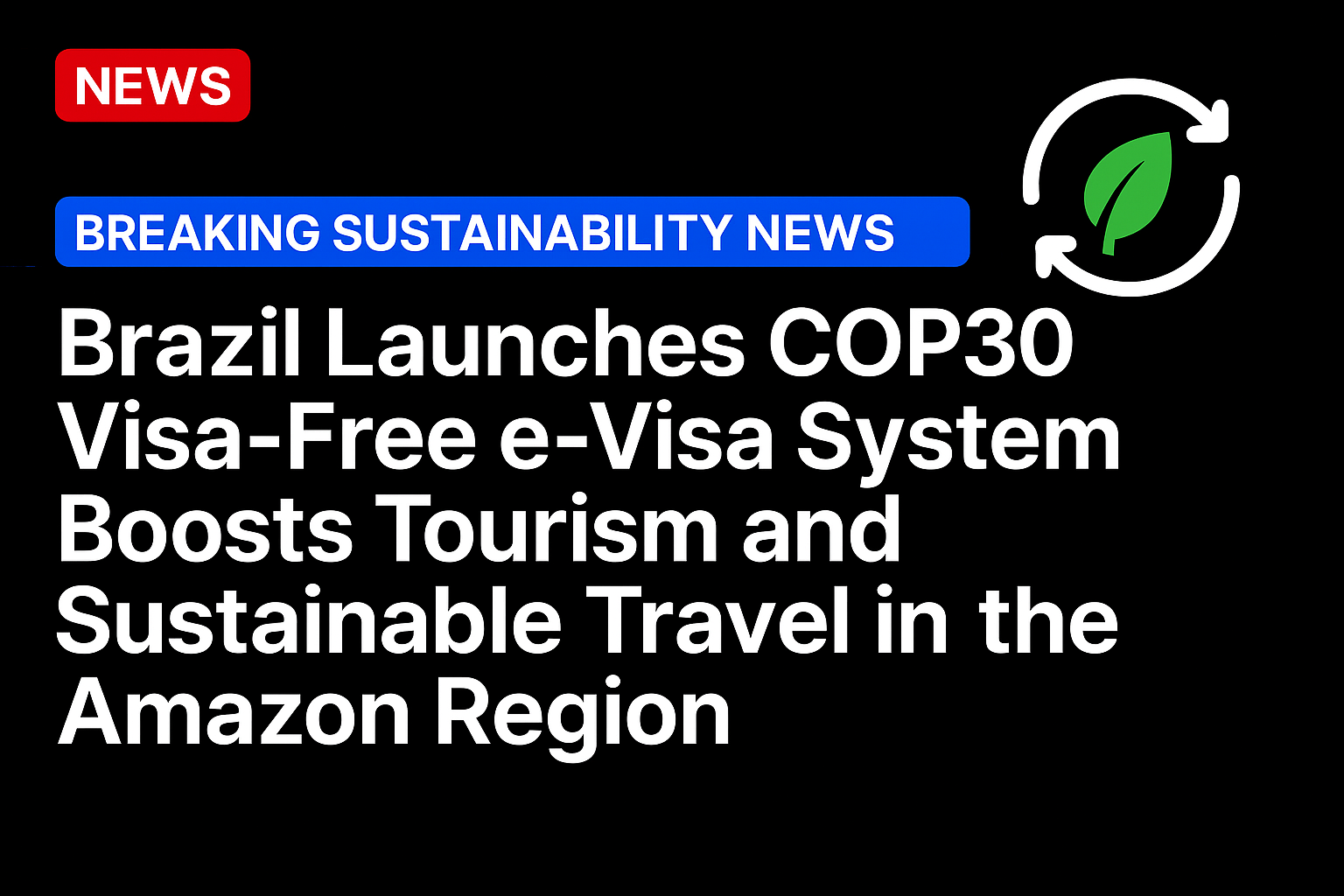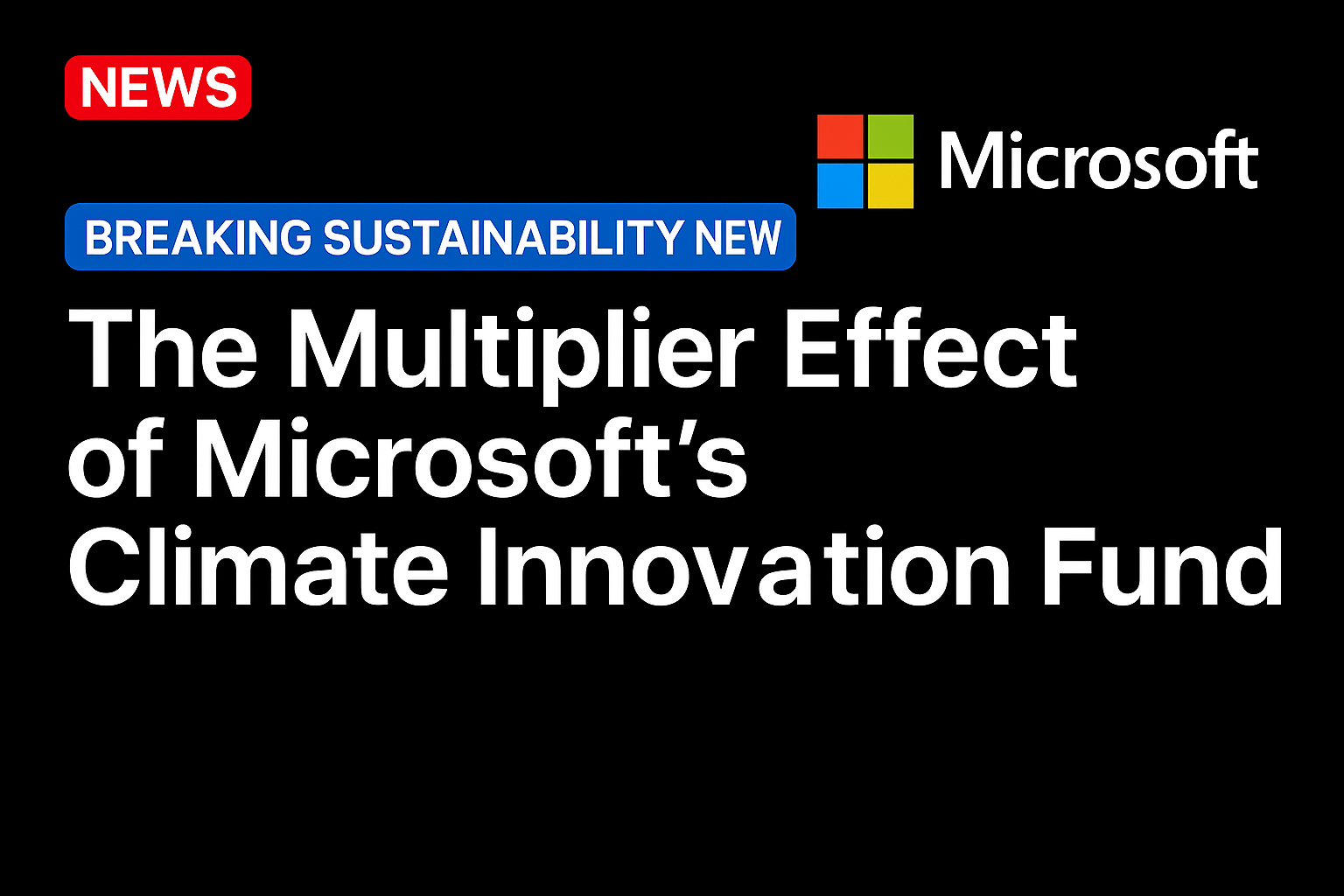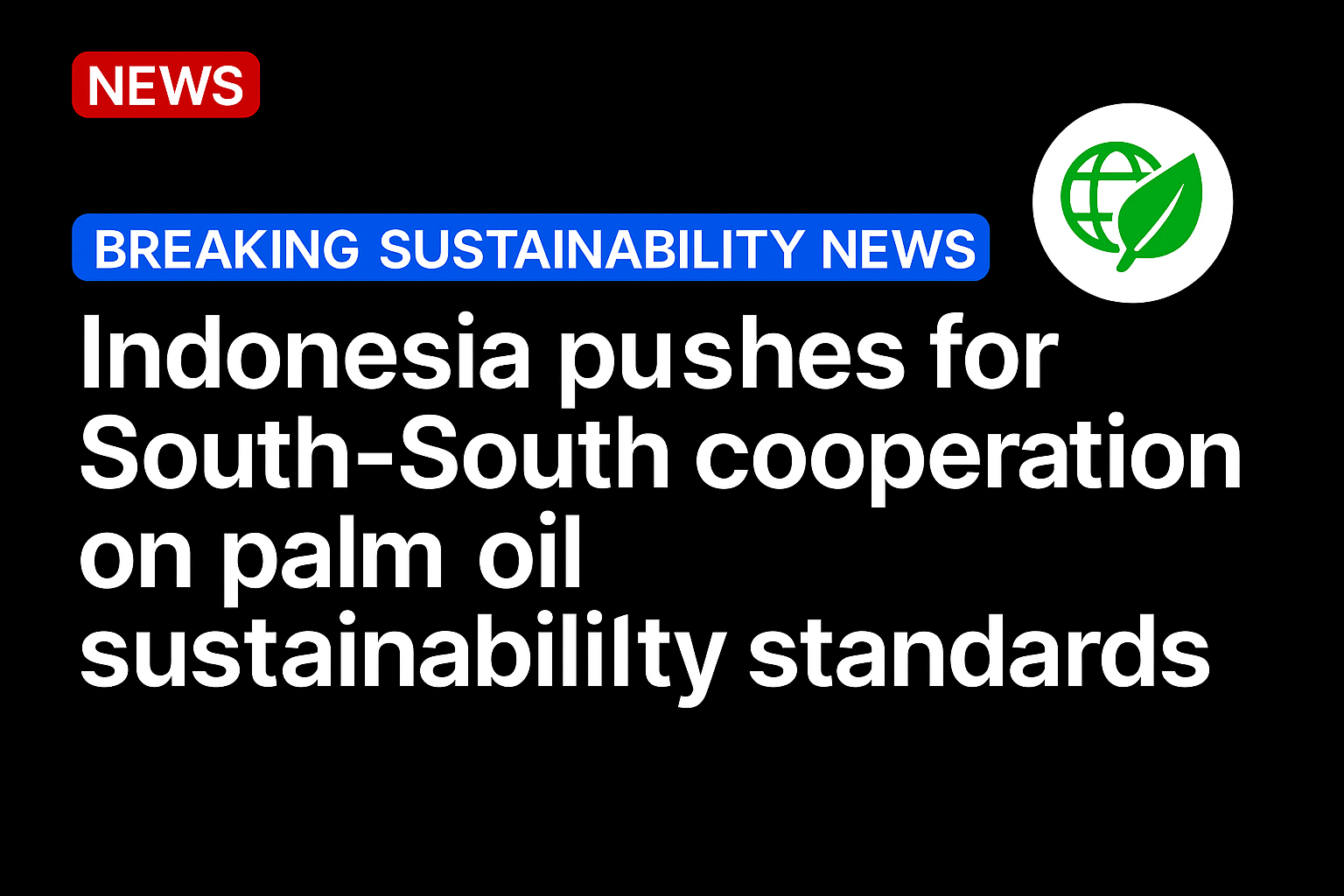Brazil is going a long way to make travel easier for representatives and NGOs to the 30th United Nations Climate Change Conference (COP 30) in Belém, Amazonas. From September 15, 2025, the free e-Visa program will enable accredited individuals to get their visas upon arrival at Brazil’s international airports, eliminating the conventional visa application process. This step is likely to spur international participation and allow participants smooth entry.
A Focus on Accessibility: Simplifying Travel for International Delegates
By offering a digital visa process, the Brazilian government is removing barriers to entry for international delegates, media, and representatives from around the world. This system is designed to make travel to COP 30 easier, especially for climate change advocates, business leaders, and scientists who are critical to the conference. It reflects Brazil’s commitment to supporting global collaboration on climate issues while simplifying logistical processes for attendees.
Pilgrimage to the Amazon: COP 30 in the Heart of Brazil’s Ecosystem
Hosting COP 30 in Belém, located at the gateway to the Amazon, underscores Brazil’s role in promoting sustainable tourism and forest conservation. The Amazon Rainforest is a central theme of the conference, serving as a crucial natural resource for the world’s climate efforts. This location choice highlights Brazil’s dedication to preserving its biodiversity and promoting climate solutions. The summit will focus on deforestation, ecological transition, and the global responsibility to protect the planet’s most vital forests.
Government Support: Strengthening Tourism Through Global Events
Brazil’s move to provide visa-free access for COP 30 attendees is part of its broader strategy to enhance tourism growth and international engagement. The Tourism Ministry has worked closely with Brazilian Airports and NGOs to ensure a smooth and efficient arrival process for thousands of global participants. This initiative also aligns with Brazil’s ongoing efforts to position Belém as a key destination for both climate tourism and sustainable travel.
Tourism Growth Beyond COP 30: The Impact on Brazil’s Regional Tourism
The introduction of the e-Visa system and improved flight access to Belém are expected to have long-lasting benefits for Brazil’s regional tourism. As COP 30 draws international attention, visitors will have an opportunity to explore the Amazon region, making this a unique tourism opportunity. The increase in global awareness about Brazil’s cultural and natural attractions will likely lead to a rise in tourism even after the event concludes, especially for those seeking eco-tourism and adventure travel experiences in the Amazon.
Increased Air Connectivity: Strengthening International Travel to the Amazon
To support the expected influx of international visitors, Brazil has already made plans to enhance air connectivity to Belém and Amazonas. With the e-Visa system and the opening of additional international flight routes, travel to the Amazon will become more accessible for tourists and climate advocates. This strengthened connectivity will not only improve access to Belém but also promote Brazil’s growing tourism potential, particularly within the eco-tourism sector.
Visa-Free Travel and Strengthened Diplomatic Ties for COP 30
The launch of the visa-free program for COP 30 participants is also expected to strengthen Brazil’s diplomatic relationships with countries around the world. By welcoming delegates, environmental groups, and NGOs with ease, Brazil is fostering a spirit of global cooperation in the fight against climate change. The increased diplomatic engagement could also lead to future opportunities for cross-border tourism, trade, and international collaboration on environmental issues.
Sustainability and Eco-Tourism: An Integrated Approach to Travel and Conservation
Sustainability is a critical theme not only for COP 30 discussions but also in the way Brazil is approaching its tourism industry. The e-Visa system is just one aspect of Brazil’s eco-tourism focus, which includes green travel initiatives, sustainable accommodations, and nature-based experiences. Visitors will have the chance to immerse themselves in Brazil’s natural wonders while supporting the country’s commitment to preserving the Amazon and other vital ecosystems.
A Global Platform for Climate Solutions and Tourism Growth
COP 30 is more than just a conference; it represents a global platform for collaborative climate action and a key moment for Brazilian tourism. The e-Visa system will help facilitate the arrival of key international figures who will bring not only climate solutions but also tourism opportunities to Brazil. As the world’s eyes focus on Belém for this critical event, the economic benefits from both tourism and global cooperation are expected to have lasting effects on Brazil’s tourism industry.
Future of Tourism in Brazil: Leveraging Global Events for Sustainable Growth
Looking forward, Brazil’s hosting of COP 30 and its efforts to simplify travel through the e-Visa system are just the beginning of a long-term vision for sustainable tourism. The government’s efforts to integrate environmental policies into the tourism sector will pave the way for sustainable growth in the industry, with a focus on eco-tourism and cultural tourism that align with global sustainability goals.
The lasting legacy of COP 30 in Belém will not only be its contribution to climate change discussions but also its role in positioning Brazil as a leading destination for eco-friendly travel and global tourism. By fostering better international connections and creating new tourism opportunities, Brazil will continue to grow as a tourism leader in South America.
A Stronger Future for Tourism and Climate Action
Brazil’s launch of the free e-Visa policy for COP 30 participants is an innovative action that will boost accessibility to tourism, promote global cooperation, and showcase Brazil’s engagement with sustainability. With Belém as the focal point for the international climate action discourse, the event will also act as a special platform to market Brazil’s cultural and natural attractions, especially in the field of eco-tourism. This growth makes way for future expansion in tourism and climate solutions, so that Brazil’s position as one of the world’s premier destinations remains strong.
Source: https://www.travelandtourworld.com/




